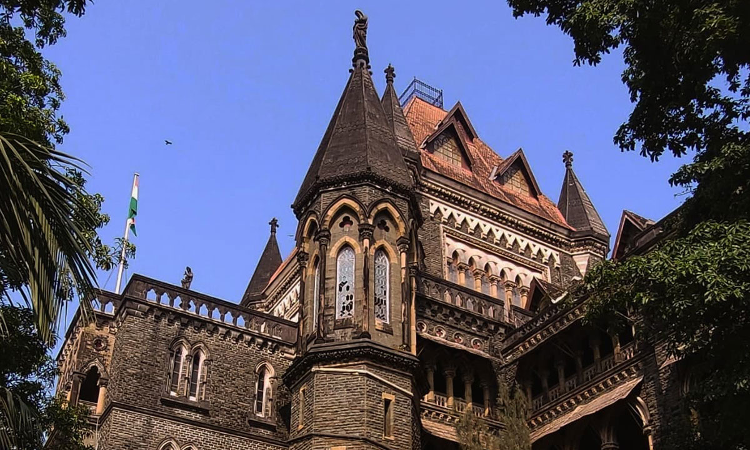The Bombay High Court has reiterated that the power of the Court under Section 9 of the Arbitration and Conciliation Act, 1996 (A&C Act) to grant interim measures of protection, is wider than the power under the provisions of the Code of Civil Procedure, 1908 (CPC). It ruled that procedural provisions enumerated in the CPC cannot be invoked to defeat the grant of interim relief,...

